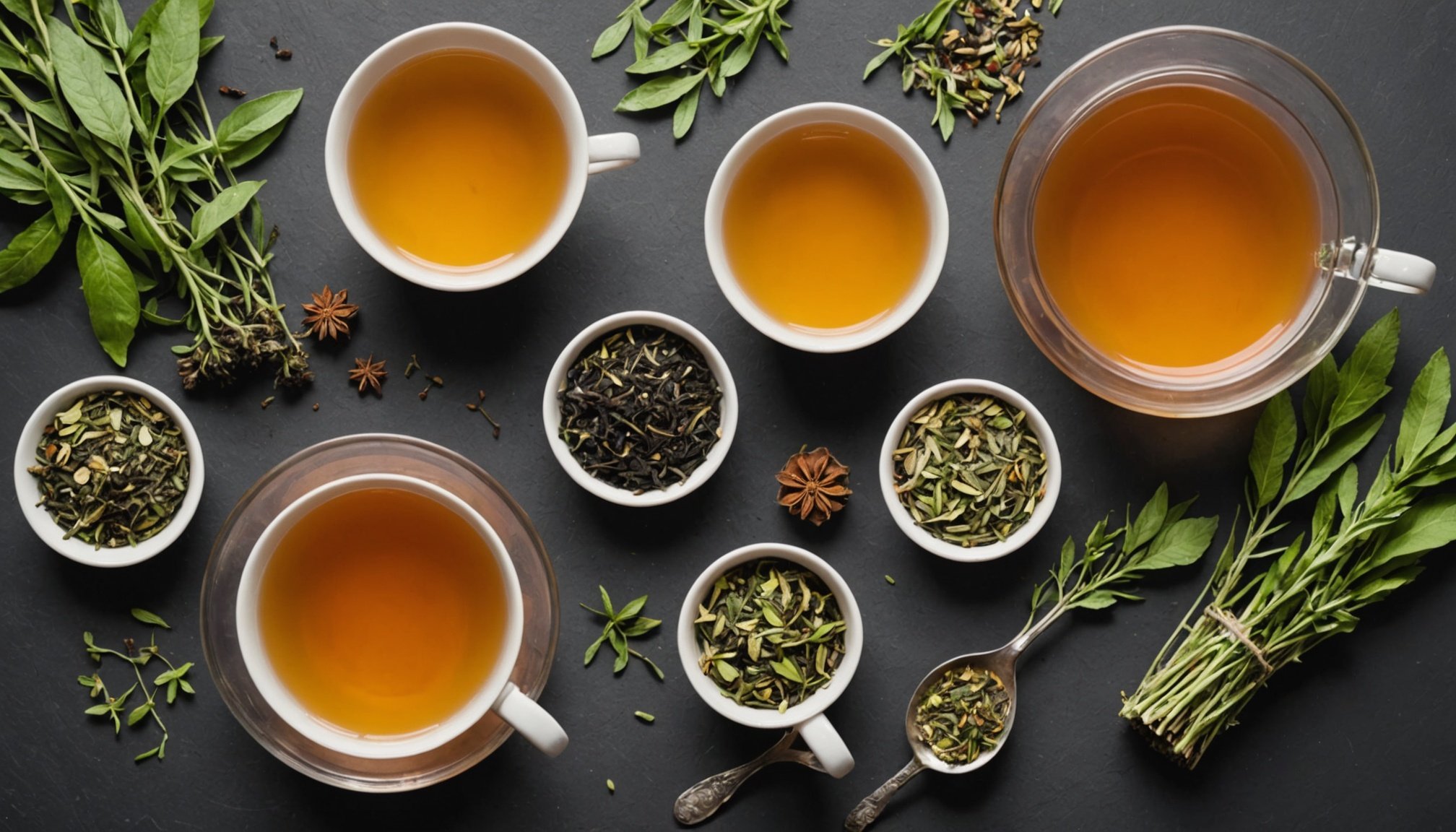Overview of Gut Health
Maintaining gut health is crucial for overall well-being as it impacts various bodily functions. The role of the microbiome—a community of trillions of microorganisms inhabiting the digestive system—in digestion and immunity is substantial. A well-balanced gut microbiome aids in breaking down food, absorbing nutrients, and protecting against harmful pathogens, thus supporting both digestive health and immune function.
Common gut health issues, such as irritable bowel syndrome, constipation, and bloating, can significantly disrupt daily life. Addressing these problems requires understanding their implications on the microbiome and adopting beneficial lifestyle changes. An imbalanced microbiome can lead to weakened immunity and nutrient deficiencies, further emphasizing the importance of gut health.
Topic to read : Unlock Effective, Drug-Free Solutions for Chronic Pain Management
The connection between digestive health and mental well-being is another critical aspect. Often referred to as the “second brain,” the gut communicates with the brain through the gut-brain axis, affecting mood and cognitive functions. Consequently, maintaining gut health not only supports physical health but also contributes to emotional and psychological stability.
In summary, nurturing gut health through diet, lifestyle, and perhaps incorporating gut-friendly herbs and digestive teas, fosters a balanced and thriving microbiome, which is instrumental in promoting overall health.
In the same genre : Unveiling AI in Elderly Care: Top Benefits, Drawbacks, and Critical Challenges
Herbal Teas that Support Gut Health
Exploring the use of herbal teas can provide various benefits to support gut health. Incorporating digestive teas into one’s routine may promote a balanced gut microbiome and enhance overall well-being. By integrating gut-friendly herbs like peppermint, ginger, and chamomile, individuals can address specific digestive issues naturally.
Peppermint Tea
Peppermint tea is known for its anti-spasmodic properties that help in managing digestion. It effectively alleviates bloating and gas, making it a popular choice for those experiencing digestive discomfort. Prepare peppermint tea by steeping fresh or dried leaves in hot water for about 5-10 minutes. This simple preparation yields a refreshing and soothing beverage to support the digestive system.
Ginger Tea
Ginger tea stands out for its impressive anti-inflammatory benefits, enhancing digestion by soothing the stomach lining. It is helpful in reducing nausea as well. To prepare ginger tea at home, slice fresh ginger root and boil it in water for 10-15 minutes. This method maximises the potency and flavour of the tea, providing excellent support for digestive health.
Chamomile Tea
Chamomile tea offers calming effects on the digestive system, potentially reducing symptoms of indigestion. Brewing chamomile tea involves steeping dried flower heads in hot water for approximately 5 minutes, creating a mild and aromatic tea known for its therapeutic properties.
Therapeutic Properties of Herbal Teas
Herbal tea benefits extend beyond basic hydration, presenting significant anti-inflammatory properties that directly support digestion. These teas, rich in antioxidants, combat oxidative stress, aiding in maintaining a balanced gut environment. They play a vital role in soothing irritated digestive systems, reducing inflammation, and promoting gut health.
Recent scientific studies underline the efficacy of herbal teas in enhancing digestive health. Research indicates that these teas not only improve gastrointestinal comfort but can also mitigate symptoms associated with various digestive disorders. Antioxidants present in herbal teas help in neutralising free radicals, thereby protecting the gut lining from potential damage.
The properties of different herbs—like peppermint’s ability to minimise muscle spasms in the gastrointestinal tract or chamomile’s calming influence—emphasise the therapeutic benefits inherent in each brew.
By understanding the distinct advantages of herbal teas, individuals can tailor their consumption to meet specific digestive needs. From alleviating minor discomforts to supporting overall gut health, exploring the diverse world of herbal teas offers a natural and holistic strategy for enhancing one’s dietary regimen.
Brewing and Enjoying Herbal Tea
Exploring brewing techniques not only enhances the flavour and potency of herbal teas but also maximises their potential benefits. For optimal results, consider these essential tips: use fresh or high-quality dried herbs to ensure robust flavours. Always steep tea in freshly boiled water, adjusting steeping time according to the herb type. Longer steeping may enhance potency but can lead to bitterness.
Chefs and tea enthusiasts alike recommend creative herbal tea blends that combine multiple gut-friendly herbs. For instance, blending peppermint with chamomile results in a soothing tea that supports both digestion and relaxation. Similarly, combining ginger with lemon can create a refreshing beverage with added anti-inflammatory properties.
Proper storage is key to maintaining your tea’s quality. Store leaves in an airtight container, kept in a cool, dark place. When it comes to herbal tea preparation, using ceramic or glass vessels can preserve the tea’s flavour integrity better than metals, which may alter taste.
Embrace these practices to transform your herbal tea routine, enhancing your tea recipes while ensuring you enjoy the full spectrum of health benefits these wonderful brews can offer.
User Testimonials and Research Studies
Exploring the dynamic world of herbal tea reviews unveils intriguing stories from individuals who have experienced notable improvements in their gut health. Many users enthusiastically report finding relief from common digestive issues like bloating and indigestion, attributing their progress to regular consumption of gut-friendly herbs such as peppermint and chamomile.
In addition to personal experiences, scientific studies further bolster the credibility of these digestive teas. Research consistently highlights the anti-inflammatory properties and presence of antioxidants in many varieties, which play crucial roles in enhancing digestive health. These studies suggest that regular intake of herbal teas can lead to a general decrease in gastrointestinal discomfort and bolster the body’s natural digestive processes.
A comparative analysis of different herbal teas for gut health benefits shows that while peppermint stands out for its anti-spasmodic effects, chamomile is renowned for its calming influence on the digestive system. Meanwhile, ginger’s potent anti-inflammatory benefits and ability to reduce nausea make it a prime candidate for those seeking to soothe their digestive tract. Collectively, such insights provide a robust framework for understanding and leveraging the power of herbal teas in promoting optimal gut health.





